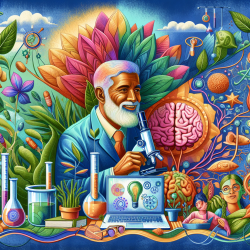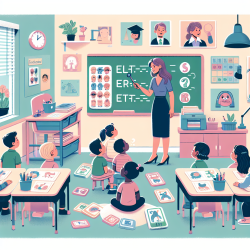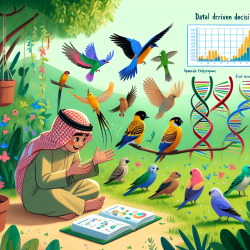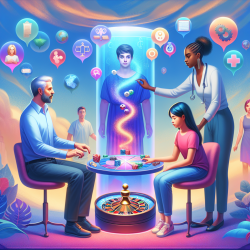In the realm of plant neurobiology, Sir Jagadis Chandra Bose stands as a towering figure whose work continues to inspire scientists and educators alike. His groundbreaking research has not only expanded our understanding of plant physiology but also offers valuable insights for those in the field of special education. By exploring Bose's contributions, we can find ways to enhance educational practices and encourage further research.
The Legacy of Sir Jagadis Chandra Bose
Sir Jagadis Chandra Bose was a pioneer in the early 20th century who dared to challenge conventional scientific thought. He proposed that plants possess "nerves" and "pulsating cells" similar to those found in animals. Despite facing significant opposition, particularly due to racial prejudices, his work laid the foundation for what we now call plant neurobiology.
Bose's experiments with plants like Mimosa pudica and Codariocalyx motorius demonstrated that plants respond to environmental stimuli in ways previously thought impossible. His invention of over 50 instruments for studying plant physiology allowed him to reveal complex signaling behaviors in plants that were unimagined at his time.
Implementing Bose's Insights in Special Education
As a special education director, leveraging Bose's insights can be transformative. Here are some ways to incorporate his findings into educational practices:
- Encourage Curiosity: Just as Bose's curiosity led to groundbreaking discoveries, fostering an environment where students are encouraged to ask questions and explore can lead to significant learning outcomes.
- Embrace Technology: Bose's use of innovative instruments highlights the importance of technology in education. Incorporating tools that aid in learning can enhance student engagement and understanding.
- Cultivate Resilience: Bose faced considerable opposition but remained steadfast in his pursuits. Teaching students resilience and perseverance can help them overcome challenges in their educational journey.
- Diverse Perspectives: Recognizing and valuing diverse perspectives can enrich the learning environment. Encouraging students to appreciate different viewpoints fosters inclusivity and critical thinking.
The Call for Further Research
Bose's work is a testament to the power of innovative thinking and perseverance. For practitioners in education, it serves as a reminder of the importance of continuous learning and adaptation. Engaging with current research and attending conferences or webinars can provide fresh insights that enhance educational practices.
Bose's legacy also calls for further research into how plant neurobiology can inform educational strategies, particularly for students with unique learning needs. By exploring these connections, educators can develop more effective teaching methods that cater to diverse learners.
To read the original research paper on this topic, please follow this link: American racism and the lost legacy of Sir Jagadis Chandra Bose, the father of plant neurobiology.










